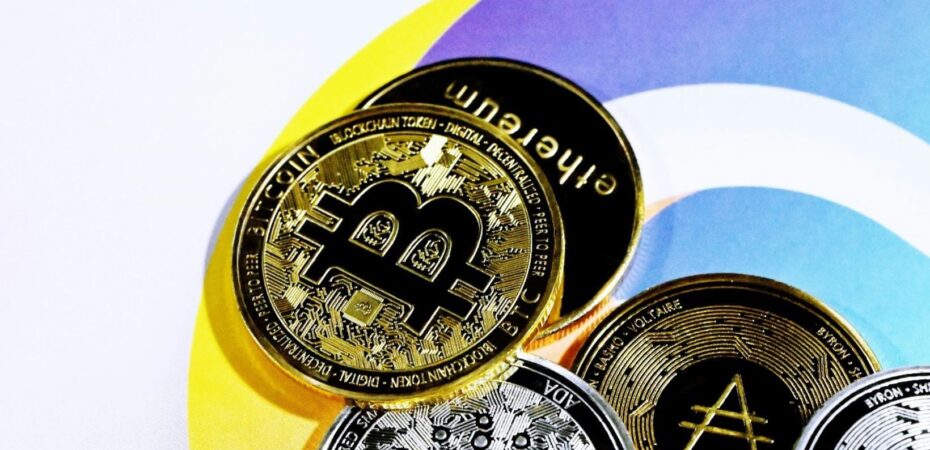Since Bitcoin debuted in 2009, cryptocurrencies have reshaped the financial world – and beyond. Initially viewed as mere speculative investments, crypto assets have since evolved into powerful tools across various industries, with the travel sector being at the forefront of this crypto revolution. Let’s dive into the rise of cryptocurrencies in tourism.
Tourism Businesses as Trailblazers in the Crypto Sphere
The tourism industry was among the pioneers in adopting cryptocurrencies like Bitcoin and Ethereum to streamline global financial transactions. Latvian airline airBaltic started accepting crypto payments as early as 2014, a good ten years before Bitcoin would go from zero to $100,000. Travel companies like PrivateFly and Cielo Aviation followed suit by enabling crypto transactions at checkout. At the same time, search platforms like Alternative Airlines allow passengers to book flights using hundreds of cryptocurrencies.
In 2022, another travel giant entered the crypto scene as Expedia partnered with crypto-native service Travala. The hospitality sector also jumped on the bandwagon. By 2024, many luxury hotels around the world have made cryptocurrency a standard payment option for travel-oriented techies who enjoy the convenience of seamless cross-border payments via decentralized blockchain networks, which eliminate the volatility of currency conversions.
The Emergence of Crypto Tourism
Crypto-friendly destinations such as Malta and the UAE have paved the way for a new era of crypto tourism. The first blockchain for travel summit took place in Dubai in 2022, showcasing the developing impact of blockchain technology on ticket reservations, data tracking, and online bookings. While catering to tourism professionals, this event highlighted the strategic importance of this growing niche, which many businesses and tourism boards have understood all too well.
Crypto tourism can take several forms, including panel talks, educational seminars, and networking events focused on digital currencies with leisure experiences like blockchain-themed cruises. Targeted at cryptocurrency enthusiasts and investors, these events serve as both a business incubator and a catalyst for the broader adoption of digital assets.
Some countries have even incorporated crypto into their marketing campaigns, such as places like Cyprus or Grenada advertising their crypto-friendliness to attract visitors willing to pay for their accommodation and tours with digital money. Back in 2020, The Bahamas rolled out the state-sanctioned Sand Dollar cryptocurrency. Since then, many Caribbean destinations have been riding the crypto wave, with small islands like Bequia and Roatan working on becoming Bitcoin-enabled communities.
Cryptocurrencies: The Next Frontier for Digital Nomads
The development of digital nomadism has transformed the tourism industry. Several hotels now offer coworking spaces and welcome packets for remote workers. With so much traveling around, many nomads use cryptocurrencies to benefit from borderless, flexible, and quick financial transactions. Often working as freelancers, these crypto nomads receive blockchain-based income or are supported by crypto assets.
Incidentally, they increasingly eye crypto tax-free destinations like El Salvador and Switzerland to cash out their earnings. Meanwhile, Bitcoin ATMs enable individuals in over 70 countries and territories to access their crypto holdings. With global crypto ownership spiking, accounting for nearly 560 million owners, digital assets can now be used for everything from flight booking to online shopping and entertainment. For those seeking simplicity and ease, platforms that allow users to purchase crypto with PayPal are becoming essential, enabling seamless transactions and expanding the accessibility of digital currencies for digital nomads worldwide.
While entertainment hubs like Twitch facilitate crypto donations, gaming platforms like casinobonuca keep track of the best crypto casinos. From Tether to Litecoin, both occasional travelers and nomads can use a variety of cryptocurrencies to have fun online. Non-crypto players can also browse hundreds of bonuses to kickstart their iGaming journey, from no-deposit free spins to sign-up offers. They may check free guidelines and reviews published by industry experts to pick the safest option.
Widespread crypto adoption is still a long shot, but the travel and hospitality sectors have long embraced digital assets to minimize costs and transaction fees, and reach out to new crypto-oriented patrons. The industry’s crypto enthusiasm may have snowballed, as more than 15,000 businesses worldwide currently accept crypto payments, including fashion brands and retailers.


 By
By 





